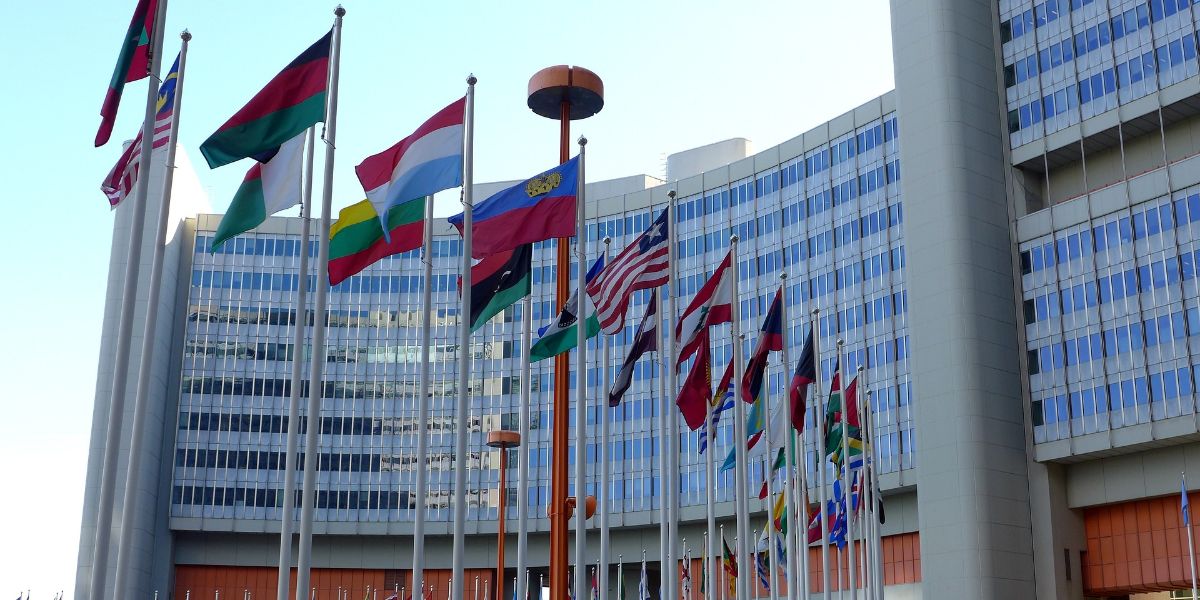The UN Tax Committee at its meetings from 18 to 21 October 2022 discussed the update of the Manual for the Negotiation of Bilateral Tax Treaties between Developed and Developing Countries. The Manual is being updated to incorporate the recent changes in the UN Model, including Article 12B on automated digital services and the changes relating to offshore indirect transfers and the addition of a minority view on the inclusion of certain computer software in the definition of royalties in Article 12.
The subcommittee noted the importance of the Manual in supplying developing countries with practical guidance that can strengthen the technical expertise of their tax treaty negotiators. The guidance in the Manual can help to promote the sustainable development goals by guiding treaty negotiators to find the balance between the need for tax revenue and the need to maintain a favourable investment climate. The Manual is also important for the capacity building work of UNDESA’s Financing for Sustainable Development Office (FSDO) and is an important basis for the Toolkit on Tax Treaty Negotiations published by the Platform for Collaboration on Tax.
The subcommittee will present an entire update of the Manual for the next meeting in March 2023.
Videoconferencing
As part of its work program the Subcommittee has been drawing up guidance on the conduct of tax treaty negotiations by videoconferencing. The UN Tax Committee was presented with a standalone document with the title Guidance on Conducting Tax Treaty Negotiations by Videoconference for its consideration. This was drafted as a separate document so the guidance on the issue could be accessed by countries as soon as possible. The subcommittee also intends to include the guidance in the next update of Section II of the Manual on Negotiation of Tax Treaties.
The guidance looks at the benefits and disadvantages of negotiating tax treaties by videoconference. It considers the logistical issues involved, including the choice of which conferencing platform to use and decisions such as whether to record the negotiations. The guidance also covers the issues of the use of screen sharing; the use of agreed minutes; and which language to use for the negotiations.













